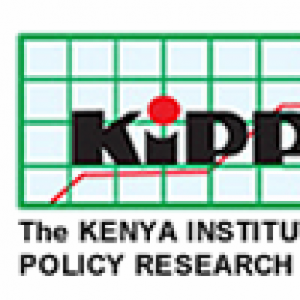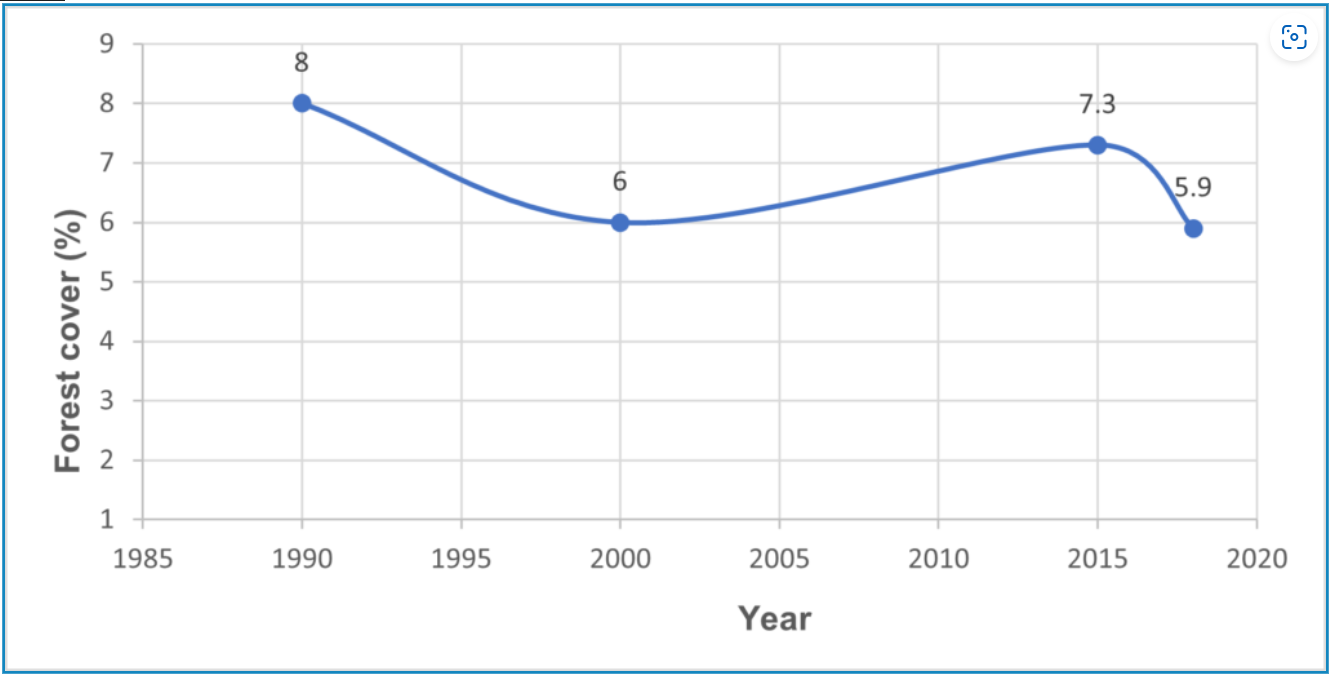The entrance of COVID-19 into Kenya spelled doom for the economy. The government had adopted the development framework called the Big Four Agenda whose main pillars were manufacturing, affordable housing, universal health care and food security. All these development pillars were thwarted by the COVID-19 pandemic. Because of the need to accomplish this development agenda, by 2022 the concept of building back better was coined. Building back better is a concept used to describe “the recovery, rehabilitation, and reconstruction phases following a disaster in order to strengthen community resilience by restoring physical infrastructure and societal processes’’ (OECD,2020). In this essay, we are going to discuss how Kenya is constrained by the effects of Covid-19 and might not be able to put back the economy on track, thus compromising the achievement of big four agenda by 2022.
Discussion
Manufacturing. Manufacturing means transformation of raw materials into finished products or creation of more complex items by use of labor, machinery and tools. It’s a key sector to Kenya’s economy as it creates employment opportunities to Kenyans. The sector primarily produces machinery, leather, agro-processing products, construction materials and textiles. Before the pandemic, the sector has been experiencing problems like high cost of inputs like electricity, increased competition from cheaper made goods from china and high taxation by government. The pandemic caused a decline in manufacturing of goods. Covid-19 disrupted supply chain of raw material distribution since Kenya depends on raw materials from other countries like china. The number of workers was reduced to a minimum in an effort to compact covid-19 leading to low production. In the same vein, funds that was allocated to manufacturing sector were diverted to health sector to fight covid-19. Considering that this the last financial year, only little funds have been allocated for big four agenda.
Food Security. Food security refers to “a situation whereby all people, at all times have physical, social and economic access to sufficient, safe and nutritious food, which meets their dietary needs and food preferences for an active and healthy life’’ (Kenya Food Security Steering Group, 2008). The aim of the government was to attain a hundred percent food security by 2022. However, this is not the case since the coming of covid-19 accelerated food insecurity in Kenya. The pandemic and other climatic conditions like drought, heavy rains and invasion of locust caused decline in food production. Many Kenyans who live in arid and semi-arid areas and those from informal urban settlement are currently facing hunger crisis. Covid-19 control measures largely contributed to food insecurity. Suffice it to say; only less funds have been allocated to this sector since a large portion has been slashed to fight the pandemic.
Affordable Housing. The government of Kenya had planned to build at least five hundred thousand affordable new houses by 2022.Majority of Kenyans live in urban areas, hence need to build more decent houses in most urban areas to cater for the increasing urban population. For instance, Nairobi alone requires a hundred and twenty thousand new housing a year to meet the demand. On the contrary, only thirty-five thousand new houses got constructed. Covid-19 resulted in stagnation of construction of new houses. Space for construction has also become a barrier to this sector. Large portion of public land has been snatched by rich individuals without prior permission from the government leading to stagnation of construction of new houses. The pandemic reduced the pace at which houses are constructed since it caused reduction of income, reduction of number of employees in the construction sector to mitigate the effects of covid-19 and disrupted supply chain of construction materials. Many Kenyans usually live-in slums and the population continues to rise outshining the rate at which houses are build. Affordable housing cannot be achieved by 2022 since little funds have been allocated to this sector in 2021/2022 financial year.
Universal Health Coverage. “Refers to a situation where all people and communities receive the health services they need without suffering financial hardship’’(WHO,2021). The national government in partnership with the county governments had planned to have health coverage for all Kenyans through enrolment of citizens in the national health insurance fund by 2022. However, this plan remained stagnant since many Kenyans were reluctant to join the insurance company due to poverty and fear to lose their premiums as a result of corruption in the sector. covid-19 pandemic jeopardized government efforts to achieve the universal health cover for all. Funds allocated to universal health cover were diverted to find the covid-19 pandemic. The pandemic also revealed that the health sector has historical poor infrastructure and inadequate medical facilities that are key to facilitate health care.
Conclusion and Recommendations
Covid-19 negatively impacted the achievement of big four agenda by 2022. It led to budgetary cut leading to reduced funding to big four agenda. The pandemic also caused the cost of living to rise due to economic retardation caused by covid-19 leading to food insecurity and overwhelming effects on health sector. The government should therefore take the above recommendation in order to achieve the big four agenda by 2022.
The government should come up with a plan of adequate funding of the big four agenda to achieve them by 2022. This may include setting aside more funds through supplementary budget to cushion the allocated stake for big four agenda.
The government should reduce tax on food products, raw materials and locally manufactured goods. This will enhance the growth of local industries, promote food security and also create a conducive environment for business.
For the government to achieve universal health coverage, there is need to first improve the medical facilities and general infrastructure and then allocate more funds to NHIF. Moreover, the governments should also put in place measures to combat corruption that was truly evident during the covid-19 pandemic to win the trust of Kenyans to join NHIF scheme in mass.
By Simiyu Meshack Wamalwa, a student at Embu University
References
Parliamentary Service Commission; Parliamentary Budget Office (2018): Eye On the Big Four Agenda: Budget Watch for 2018/2019 and the Medium Term: Government printer.
Omolo, M. and Owino, B. (2019): Kenya’s 2019/2020 Budget and Big Four Agenda: A Proper Analysis Development Initiatives.





